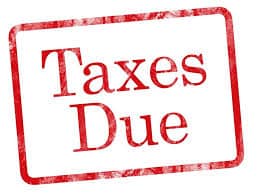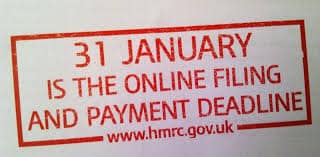HMRC Credit Card Changes

As of 31st January 2018 HMRC credit card changes come into effect. That means you can no longer use your credit card to pay for income tax, NI or VAT. However, debit cards and corporate credit cards will still be accepted.
HMRC credit card changes have likely come into effect due to the high level of fee’s charged in such transactions. In other words, it’s designed to reduce the cost of collection for HMRC. So given these HMRC credit card changes, what other methods can you use to pay your tax bill and spread the cost.

But first let’s have a look at why someone might want to pay their tax bills via credit card. For many it’s simply a case of wanting to spread the cost over time, thus improving cash flows. For example, if you have a self-employed profit of £45,000 you roughly have £3,750 before tax every month. Your tax bill, including National Insurance on a profit of £45,000, will be over £10,000. That sounds a lot, but it’s still better than the tax you would pay being employed at £45,000. However, it’s still a pretty hefty lump sum to pay considering your monthly cash flow of £3,750. Especially if you haven’t put money aside during the year. Some people tend not to put money aside every month to pay for their year-end tax bill. So spreading the cost over a few months makes sense.
HMRC Credit Card Changes – what to do about it
Getting a short-term loan is likely cheaper than using your credit card. Credit card interest rates can be as high as 25%+. You can easily half this interest cost by getting a business loan. But submit your tax returns early so you have at least one month to arrange the loan prior to payment of taxes.
Contact the Finance Equation Ltd via our website or call 020 3086 7472 to see how we can improve your cash flow.
